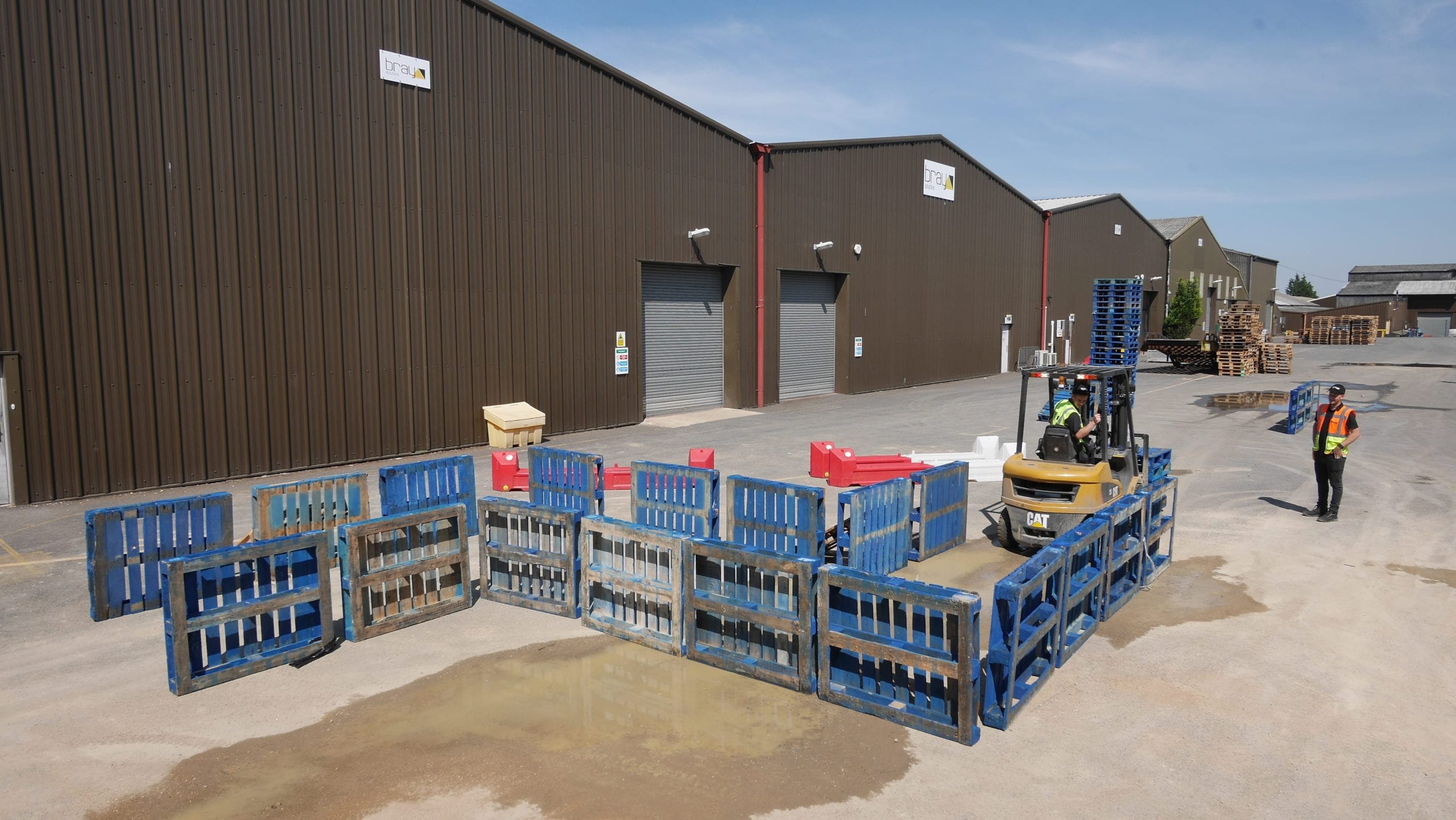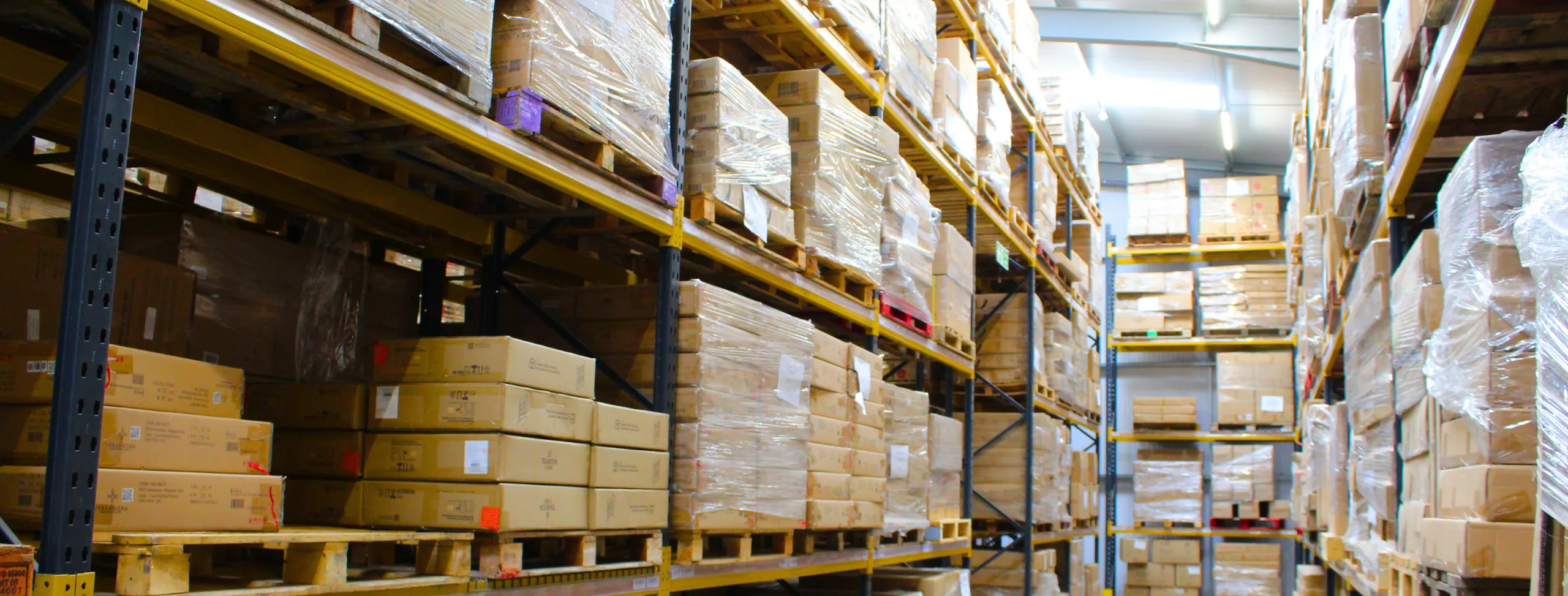
Ordering goods internationally is no longer unusual. Within a few clicks, customers can find what they are looking for and order from anywhere in the world. Gone are the days where retailers would carry an inventory for each product listed on their website. Now they don’t even need to touch the products physically. Instead, they give online orders to a third party for fulfilment (like us).
Investing in global logistics can be a great way to expand your business further, but what do you need to know about it?
Where will you ship to?
Doing your research is key to making global logistics work for you. Where are you planning to ship to? What does this mean in terms of taxes – for example, every state in the US has different tax law. While this might seem small, it can cause issues if you’re not aware before offering this as a service.
Additionally, as we wait to see what changes are going to be made in light of Brexit and the UK’s relationship with the European Union, keeping up to date will make sure that you can get the shipping that works for you.
Testing the waters is also essential so that you can make the right decisions for yourself and your business, without spending budget on a service that isn’t needed. For example, a clothing business could benefit from international sales. A bakery with perishable goods, however, is unlikely to send their product across the world – it isn’t worth the time, cost and energy.
Ask yourself: what works well for my business? If being regional works, then so be it. There are many reasons as to why people chose to be either global or local.
Time Vs Cost
Two things are crucial to any investment, time and cost. How much is global shipping going to cost you? Finances are one thing, but what about the time that you will need to adjust to this offering. Developing your website to ensure it is an eCommerce site is a big part of selling globally.
It is common for an eCommerce business to find global suppliers that have warehouses across the world that stock their products. The feasibility of this can depend on the scale of your operation, help reduce time and costs for your business.
The Process
Making sure that your website is welcoming for international visitors will also need to be considered. Some websites, such as Boohoo and ASOS, give the option to update your country preference as soon as you land on the homepage. Making sure that delivery costs and currency options are available will help prevent any unexpected charges.
Additionally, allowing customers to make returns easily should be a part of the planning process. Ensuring that the process is transparent and available to all will also make it more likely that customers will come back. A crisp, clear and well-presented refund policy provides customers with a sense of security and the assurance that their purchase will be as advertised.
Overall
After the eCommerce boom due to lockdown and the expectation that retailers [link to retail revival blog] will continue to evolve and be able to sell products in-store, over the phone, online, via smartphone or a tablet device.
Being able to shop internationally is no longer an anomaly. Retailers must be able to deliver products to the customer’s home, office or nearby store. If you can’t keep up with the demands, you’ll quickly fall behind.
Consumers will also expect online shopping to be simple. Products should be easy to find, and shipping costs, taxes, and duties should be clear. After dispatching, delivery-date estimates should be as accurate as possible.
Postal overseers create rules in each country that order how shipments must be addressed and prepared. Each country has import and export laws.
There are specific requirements within the various countries when it comes to what they can and cannot ship. For example, Italy prohibits playing cards, bells and clocks, and China has banned walkie-talkies, bicycles, cameras, wristwatches, and sewing machines.
E-commerce is changing the shape of retailing worldwide, and retailers must move swiftly to stake their claims in this fast-growing marketplace. These solutions help to lower costs and create online shopping experiences that encourage international consumers to shop with your brand time and time again.
Does global logistics fit seem like the next step for your business? If it is an avenue to consider, use the points above as your guideline to success.







We integrate with a number of different systems.
Get in touch to find out how we can help.